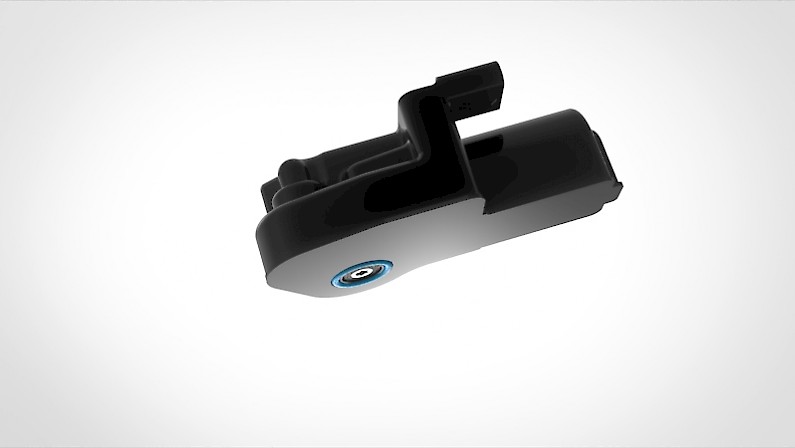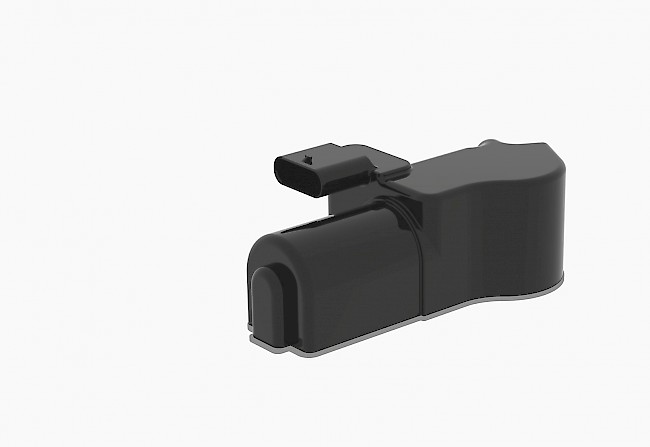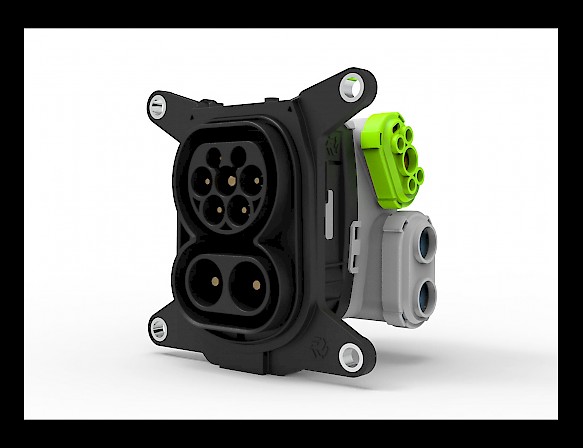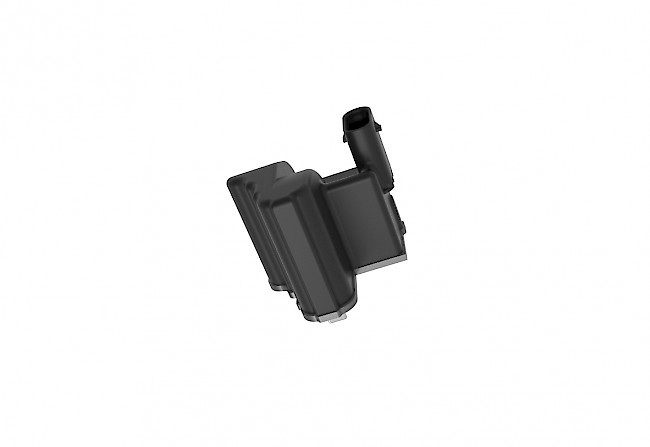
In recent years, the automotive industry has undergone a rapid evolution towards electrification, driven by the growing awareness of the importance of reducing carbon emissions and promoting sustainable mobility.
In this ever-evolving context, FAIST CPS Business Unit has positioned itself at the forefront of the industry, developing a new line of electromechanical actuators, both smart and traditional, designed to support the future development of electric and Fuel Cell vehicles.
Facing the new challenges of the automotive market, we focused on various areas of development, applying our expertise accumulated over the past 20 years.
Actuators for Fuel Cell Compressor Management
Fuel Cell compressors are key components in Fuel Cell systems as they provide the compressed air required for the proper functionality of the electrolysis process.
This process converts hydrogen and oxygen into water, generating electricity, heat, and water vapor.
Their reliability and performance play a crucial role in ensuring the optimal operation of Fuel Cells and increased autonomy of Fuel Cell vehicles.
To meet these needs, CPS Business Unit has conducted in-depth researches and dedicated developments to design cutting-edge electromechanical actuators.
These actuators have been engineered to precisely regulate the air pressure within the compressor, allowing for an optimal airflow during the electrolysis process.
The advanced technology utilized in our actuators enhances the compressor's efficiency, minimizing energy consumption, and maximizing the compressor's lifespan.
This sustainability-focused approach makes our actuators a key solution for the future of Fuel Cells and sustainable mobility.
Regulation Systems for Thermal Management
Thermal management is a critical element in the efficient and reliable operation of electric and Fuel Cell vehicles.
Proper thermal management contributes to maintaining the ideal temperature of Fuel Cells and batteries, maximizing efficiency, and extending the lifespan of electric propulsion systems.
CPS Business Unit has focused its resources on developing high-performance electromechanical actuators for the regulation of thermal management systems.
These actuators are capable of precisely controlling the flow of cooling liquids and, therefore, the power unit cooling, ensuring an optimal temperature throughout all driving conditions.
The precision regulation of these actuators keeps Fuel Cells and batteries in optimal operating conditions, optimizing the range and performance of electric vehicles.
Automatic Opening and Closing of "Charging Gate" Hatches
The increasing popularity of electric vehicles has led to a rise in charging stations. In this context, CPS Business Unit has developed cutting-edge electromechanical actuators for the automatic opening and closing of "charging gate" hatches.
These actuators allow for automatic and secure vehicle connection to charging stations. Automating the charging process enhances the user experience, making charging more convenient and immediate. With these actuators, electric vehicles can autonomously connect to charging stations, making the charging process more efficient and user-friendly.
Additionally, our actuators contribute to the development of autonomous vehicles, enabling them to autonomously reach charging stations and connect without human intervention. This innovative technology is a step forward towards fully autonomous and sustainable mobility.
Reliable Locking of Charging Ports
Safety is of paramount importance in electric vehicle charging. To ensure a secure and stable connection between the vehicle and the charging point, CPS Business Unit has developed a series of electromechanical actuators for the reliable locking of charging plugs.
These actuators prevent accidental disconnections during the charging process, ensuring a continuous flow of energy and minimizing the risk of damage to charging ports. The ability to securely lock charging ports enhances the safety of the entire charging process, protecting both the vehicle and the charging infrastructure. These actuators significantly contribute to ensuring a reliable and safe charging experience for electric vehicle users.
Electric Vehicle Charging Ports
Our company is committed to developing highly versatile and customizable charging ports for electric vehicles, with a focus on safety, efficiency, and practicality, to enhance the charging experience of our customers.
In addition to ensuring a stable and reliable connection, we take pride in our in-depth knowledge and experience in overmolding different materials, allowing us to offer a wide range of cutting-edge charging port solutions.
Thanks to our expertise, we can create highly customized charging ports by combining materials such as plastic with other types of materials in a synergistic and innovative way. This capability enables us to offer charging port systems that deliver superior performance and unique designs, meeting the technical and aesthetic requirements of our customers.
We are proud to offer our customers the opportunity to customize the shape of the charging ports, adapting them to specific requirements and the architecture of any electric vehicle, ensuring an elegant and functional appearance.
Moreover, in addition to the various material options we can utilize, we are always open to exploring new and innovative solutions to meet additional technical and performance demands. Our dedication to developing cutting-edge charging solutions allows us to contribute significantly to the growth of electric mobility and the promotion of a more sustainable and efficient future for the automotive industry.
FAIST Controls and Propulsion Systems Business Unit is committed to being a leader in the development of innovative and smart mechanical and electromechanical components, supporting the future development of electric and Fuel Cell vehicles. Through continuous research and development, we aim to contribute to a more sustainable and advanced mobility, aligned with the growing need to reduce carbon emissions and promote sustainable mobility.







